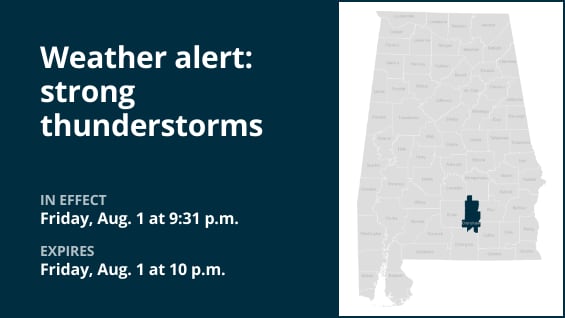When the House discusses a bill to realign legal marijuana oversight in Massachusetts on Wednesday, potency limitations, allocating tax income for special education, public health research, and advertising restrictions will all be discussed.
Representatives submitted forty-five modifications to a bill that passed both the House Ways and Means Committee and the Cannabis Policy Committee last week.
A law that aims to reform the Cannabis Control Commission, regulate and tax hemp-based goods, increase the cap on retail license control, and make structural changes to the medicinal marijuana sector would include the concepts those riders suggest.
House Speaker Ronald Mariano made addressing the internal strife at the CCC and the external grievances on the poor pace of regulatory changes a key priority for the early session, but Senate leaders have not shown the same level of commitment in taking on the issue.
Although the House usually starts deliberating on the issue du jour after 1 p.m., it is slated to gavel in at 11 a.m. on Wednesday.
Rep. Francisco Paulino is seeking to establish a new trust fund to allocate 20% of the state’s cannabis excise tax revenue to special education reimbursements through an amendment (#16) that he said is expected to allocate about $57 million yearly to assist school districts in meeting growing expenses.
Additionally, according to his office, it would stipulate that the monies will be used to augment rather than replace current special education reimbursements and cap administrative costs at 5%.
“Districts are doing all they can to meet the needs of students with disabilities, but the financial challenges remain significant,” Paulino stated. “This amendment is a practical way to ease that burden using revenue the state is already collecting.”
The Marijuana Regulation Fund, which is funded by the state’s 10.75% marijuana excise tax, provides funding for the CCC and associated initiatives. Cannabis purchases are additionally liable to a local tax of up to 3% and the state’s 6.25% sales tax.
Rep. Michael Day of Stoneham suggested (#39) that anyone selling hemp-based beverages at retail must also have a license to sell all alcoholic beverages that are not to be consumed on the property. These potentially intoxicated drinks are already a familiar sight at convenience stores.
Only those who are 21 years of age or older would be able to purchase hemp drinks under the underlying statute.
An amendment (#6) to restrict the strength of legal marijuana products was presented by Wrentham Representative Marcus Vaughn. It proposes “requirements for reasonable THC potency limits for each type of recreational marijuana product … and reasonable potency or dosing limits for marijuana concentrates and edible products.”
The psychoactive component of marijuana, THC, would be limited at 30% in Vaughn’s amendment. The amendment aims to outlaw any additional sweeteners, non-cannabis terpenes, and nearly everything intended for inhalation that has a “characterizing flavor.”
Additionally, vaporizers and concentrates could not contain more than 5 mg THC per metered portion or 30% potency.
Read Also: Nebraska Becomes Latest State to Ban Transgender Students from Girls’ Sports
In light of the growing popularity of high-potency THC products and their links to mental health issues, Representative Patrick Kearney of Connecticut filed an amendment (#23) to establish a special commission to provide recommendations regarding the effects of THC use on mental health as well as “the development of public health warning requirements and educational campaigns related to such impacts.”
The team will investigate the impact of high-potency THC on the development of the teenage and young adult brains, as well as the link between THC usage and “increased risk of mental health disorders, including anxiety, depression, psychosis, and suicidal ideation.”
In particular, the committee would be tasked with determining whether “a targeted excise tax or fee on THC-containing products” may be used to finance a campaign to raise public awareness about THC and mental health.
The House under Speaker Mariano has frequently chosen to forego most amendments after off-floor private debates that end with the presentation of a single consolidated amendment to the House, although representatives still have the option to attempt to compel public debate and votes on their amendments.






